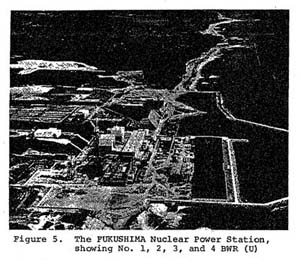|
But cyber-warfare is only one of a number of unconventional approaches to warfare that China has investigated. A declassified 2005 report from the U.S. National Ground Intelligence Center describing Chinese experiments using HPM and EMP on animals concluded that the real objective was to determine the effects of that radiation on humans. Analysts did not believe the experiments, which produced “high mortality rates” among the animal subjects, were aimed at developing “antipersonnel” weapons, but they did describe a hypothetical “Taiwan Scenario” in which a lower altitude EMP burst would damage electronics on the island without causing enough human casualties, “either Taiwan[ese] or U.S. military,” to trigger “a U.S. nuclear response.”
Other recently declassified materials describe similar military concerns. A U.S. defense intelligence document from 2001, for example, details Chinese plans for developing radiofrequency weapons (although it stops short of speculating on their possible purpose). Still others reflect on issues of current interest, for example the risks of constructing nuclear power plants – like the Fukushima facility that exploded after the recent tsunami – at questionable sites in Japan.
These and 2,300 other records are part of a new National Security Archive publication, U.S. Intelligence and China: Collection, Analysis and Covert Action, the latest addition to the “Digital National Security Archive” series published through ProQuest Information and Learning. A sampling of materials in this important new collection is posted below.
Read more...


No hay comentarios:
Publicar un comentario